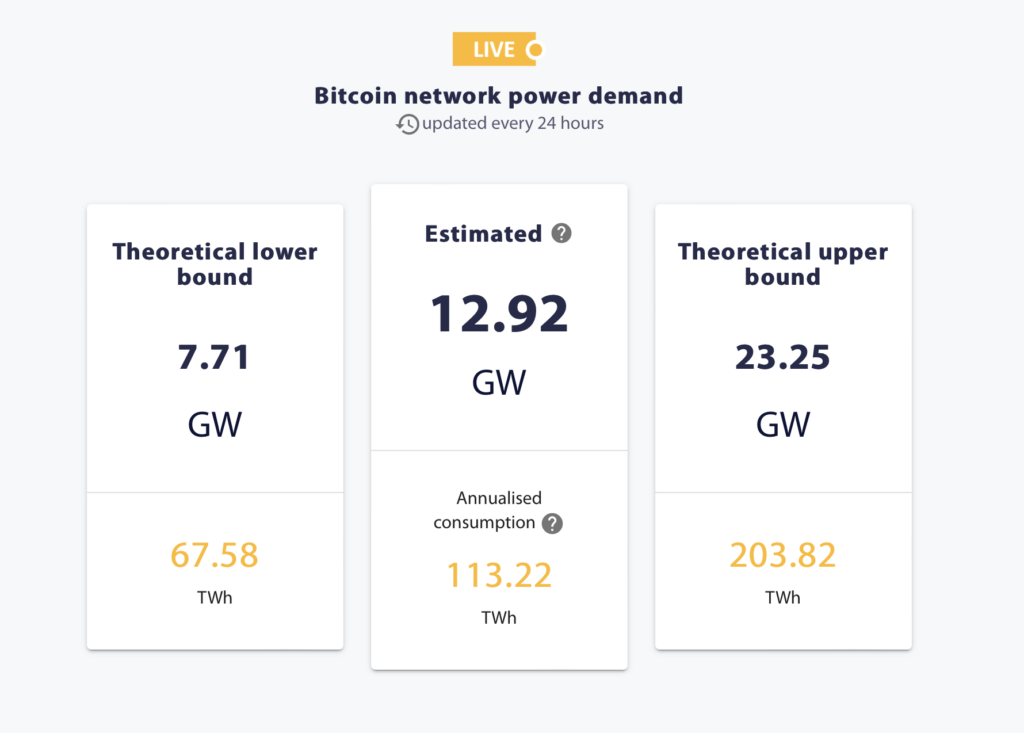Bitcoin Olympics invites DeFi visionaries to contest in $100,000 hackathon

Bitcoin (BTC) Startup Lab announced the second edition of its Bitcoin Olympics Hackathon, where innovators stand to win over $100,000.
The competition will pit several contestants pitching their ideas for the Bitcoin DeFi and Ordinals movement. It would provide a chance for the next generation of ideas that will transform the Bitcoin economy to emerge.
Participating teams in the competition must submit a 3-minute video pitching their team, the problem they are solving, the solution, and how it will benefit users and address a pain point within the crypto community. Participants must register between August 9 and September 17.
Albert Liang, Bitcoin Startup Lab CEO, told CryptoSlate that the event “is to support, reward, and celebrate the innovative spirit of founders and builders on Bitcoin.” Liang further urged aspiring founders and developers to partake in the Olympics as it would drive the “innovation frontier” within the BTC ecosystem.
Individuals and teams can apply, with the Bitcoin Olympics allowing individuals to be part of several teams. The competition also offers matching opportunities for individuals that enter the competition to team up with others.
Those that register will participate in classes and lectures while also getting exposure to mentors and experts. These allow them to fine-tune their ideas before final submission on October 1. The winners will be announced on October 9.
Judging criteria include novelty, potential impact on the Bitcoin community, technological implementation, proof of interest and traction, and presentation quality.
Although the judges have not been announced, the organizers stated they would be qualified professionals from the Bitcoin Startup Labs or external experts.
Several prizes are up for grabs, with the grand prize being $30,000 from the name sponsor Sora Ventures. Other Sponsors of the competition, such as Rootstock, Interlay, and others, are also offering different rewards, including tech-specific prizes and mentorships.
There’s a $20 submission fee, but applicants can waive this by engaging with BTC Startup Lab’s Twitter account and Discord channel.




